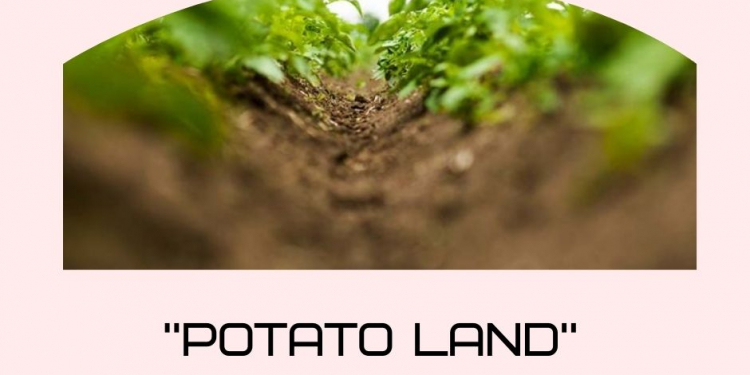The North-western European Potato Growers (NEPG) representatives recently raised a flag regarding the costs of renting a hectare of land that not only goes up but “potato land” is sometimes impossible to find.
“Potato growers acknowledge and appreciate better contract prices. All inputs have shown rising prices in the last months, going from energy to fertilizers, plant protection products, and construction prices but also machines and spare parts! […] Very recent tightening of renting conditions in Flanders could influence developments in neighboring Wallonia and France,” according to a recent NEPG press release.
According to the document, the most recent processor contract prices have just come out, and generally propose higher prices than the first published ones late last year.
“Prices for delivery ex field are usually higher by EUR2,5 to EUR4/100 kg, depending on countries, processors and/or varieties. Some cover the much higher production costs growers are facing, others not. Some processors, seeing the reluctance of farmers to sign the new contracts have modified their price tables to try to coax some more farmers to sign in,” NEPG growers added.
The NEPG spud farmers’ representatives ‘urges’ producers to conduct an accurate cost of production analysis before signing anything.
“Average production costs give an indication, but individual calculations are needed to make a decision,” they mentioned.
Contracts are Silent About Major Issues
Another issue raised by the NEPG potato growers’ representatives tackles the contract conditions, that are more important than price tables, but these are usually absent or incomplete.
“Major lacks in contract conditions are the fact that ‘force majeure’, burden and risk sharing (climate change consequences, loss of yet more plant protection products) between growers and processors and sustainable development all through the potato chain are usually not mentioned,” NEPG experts declared.
Higher Processors Needs, Grower Reluctance to Answer Them
Last but not least, the above-mentioned experts say that different companies and processors ‘have been and still are investing’ in either new or renovated processing infrastructures throughout the NEPG zone. These investments are showing that the long-term development possibilities of the finished products markets are unchanged.
“Over the last two decades, the development of the processing potato area has been driven by a growing demand for processed products. Next years could be a turning point: processors still want more and more potatoes, but growers no longer have the possibility to produce more (not enough ‘potato land’, too high production costs, decreasing yields under the pressure of climate change, etc.). Our ‘potato world’ is moving from a demand crisis to a supply crisis. Will producers be as keen to produce potatoes in the coming years as they were 5 or 10 years ago?,” the NEPG representatives concluded.







